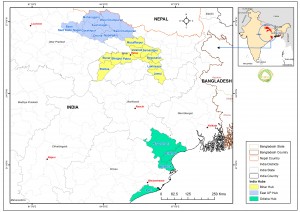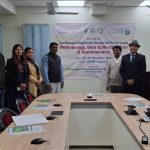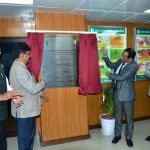CSISA in India
In India, CSISA activities focus on areas of the eastern Indo-Gangetic Plains dominated by small farm sizes, low incomes and comparatively low levels of agricultural mechanization, irrigation and productivity. Project hubs are located in Bihar, eastern Uttar Pradesh and Odisha.
The project partners with the Indian Council of Agricultural Research, the State Departments of Agriculture, national-level initiatives, livelihoods programs, state agricultural universities, NGOs and private sector entities including agricultural machinery manufacturers, dealers and local service providers.
CSISA’s core interventions in India include:
- Directly-sown rice (DSR) to address labor and energy constraints to precision rice establishment
- Strengthening the foundations of agro-advisory through knowledge organization and data integration
- Building precision nutrient management approaches around established and emerging scaling pathways
- Income-generating maize production in neglected hill and plateau ecologies
- Rice-fallows development in coastal Odisha
- Increasing the capacity of National Agricultural Research and Extension Systems (NARES) to conduct participatory on-farm technology evaluations
- Integrated weed management to facilitate sustainable intensification transitions in rice
- Accelerating the emergence of mechanized solutions for sustainable intensification
- Coping with climate extremes in rice–wheat cropping systems










